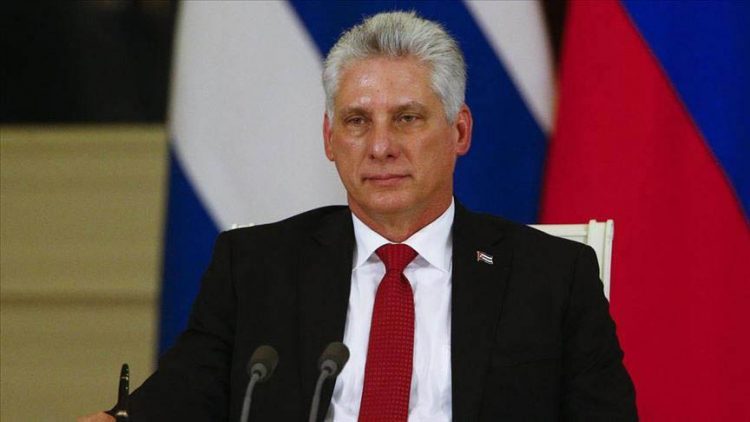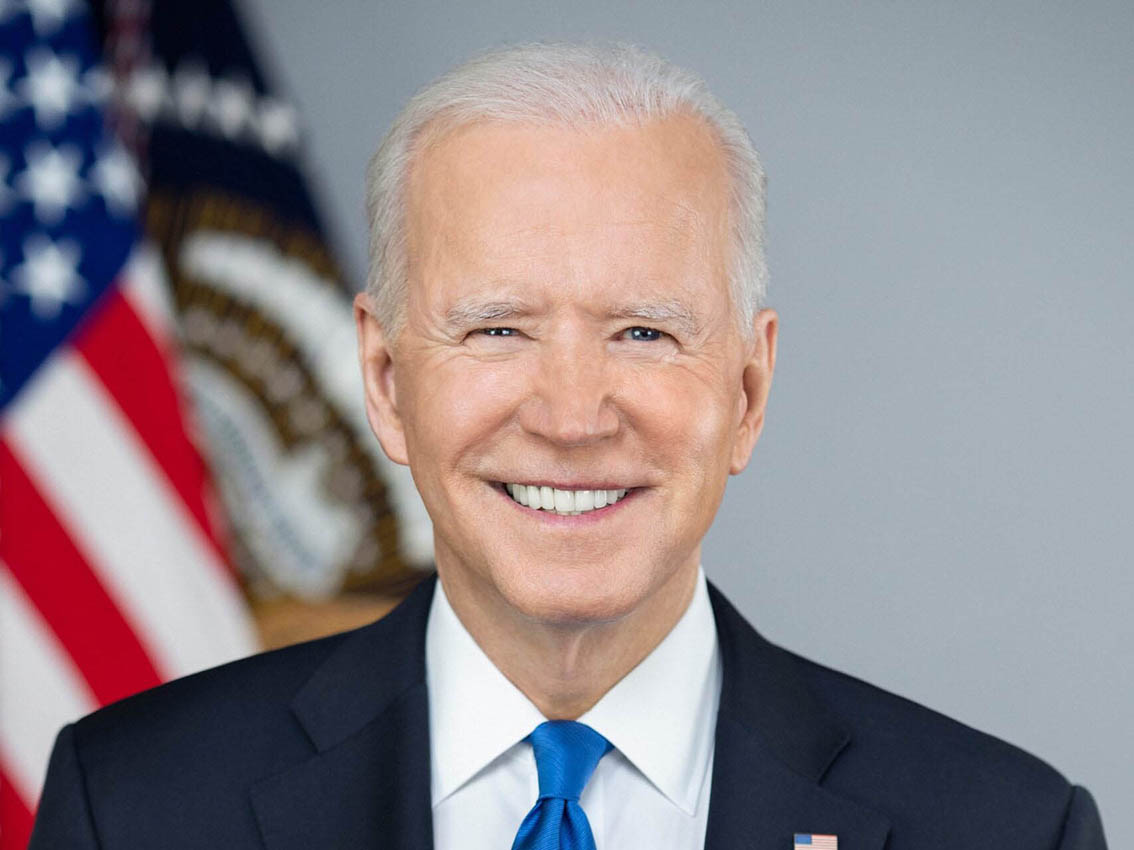The end of the Trump tenure has brought no end to the speculation regarding the future of relations between Washington, on the one hand and Venezuela and Cuba, respectively, on the other. These considerations are important not only for their own sakes but also for their implications for the rest of the region, Caracas, Havana and the United States.
Last week, the focus of the US’ attention, appeared to shift, for the time being at least, from Caracas to Havana, where Cuba appears to be searching for any indication that the Biden administration is shifting gears in terms of its bilateral relations with the administration of Miguel Diaz-Canal who has just taken over the reins of office from Raul Castro.

There appeared to be a distinct tone of anguish in last week’s protestation by Cuba’s Ambassador to Canada, Josefina Vidal, who used a recent interview to seek a pushback of the sanctions and other measures that have inflicted considerable economic pain on the Cuban economy. Her interview, which reportedly coincided with Cuba’s pursuit of re-negotiation of its external debts, bemoaned the fact that US pressure has meant that Cuba has “seen foreign banks closing the accounts of many Cuban entities,” and ‘international foreign suppliers suspending their contracts with Cuba.”
Ambassador Vidal is credited for her role as former President Fidel Castro’s lead negotiator in the process that led up to President Obama’s visit to Havana in March 2016. During her interview she was quoted as saying that the Trump presidency had badly damaged the confidence that had been established during that process but Cuba is still “willing to continue building a civilized, respectful relationship with the United States”.
Cuba, Ambassador Vidal says, was hoping that the Biden administration would reverse “at least the most cruel measures” imposed by Trump – those being the banning of cruise ships from stopping at the island and restricting flights to Havana, measures which effectively flattened the island’s tourist industry.
The Biden administration is reportedly reviewing more extreme policies towards Havana during the Trump era though media reports suggest that a change in policy is probably not one of its top priorities at this time.
Among Cuba’s more pressing concerns arising out of the pressures being imposed by Washington are the de-activating of the Helms-Burton Act which allows lawsuits over property confiscated by the Cuban government along with the removal of Havana from the US’ so-called ‘terror list.’ Cuba is also reportedly concerned over attempts by the United States to target shipping companies and insurance providers transporting oil to Havana for sanctions.
With both Cuba and Venezuela occupying strategically important positions in the hemisphere, it is not inconceivable that the ebb and flow of their relations with Washington could have implications for wider US/Caribbean relations. Cuba, over the years, has maintained close relations with Caribbean Community member countries, its posting of doctors to some countries in the region to help shore up weak health service systems winning widespread acclaim. In the instance of Venezuela, while that country’s territorial claim against Guyana has meant that relations between the two countries has been, in recent years, icy, even tense, it will be remembered that under the Hugo Chavez presidency Caracas deployed the PetroCaribe initiative to stave off the burden of high oil prices that were crippling Caribbean economies.






